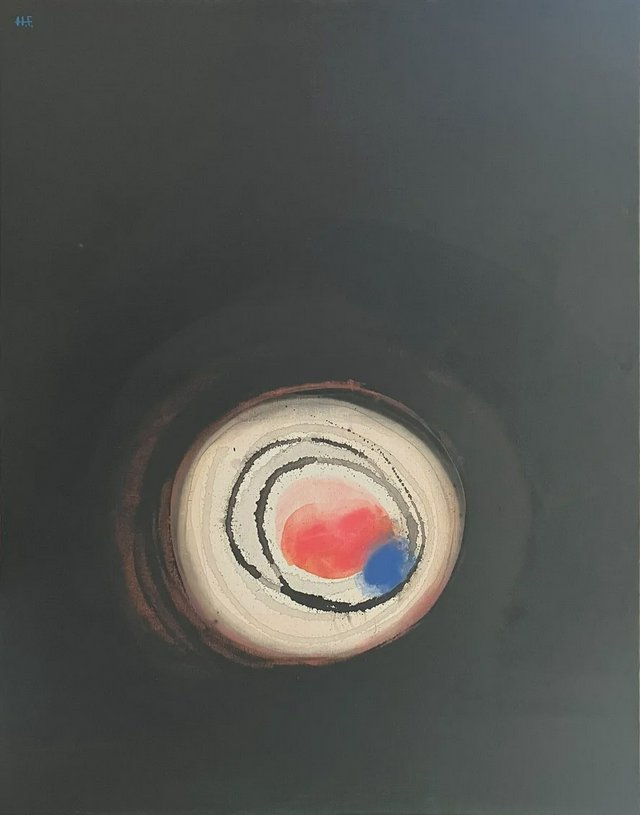Which MBTI Personality Type is Most Likely to Cheat? Insights from Celebrities and DataDriven Analysis

Infidelity is a complex and emotionally charged topic that has fascinated psychologists, relationship experts, and the general public for decades. While many factors contribute to cheating—such as emotional dissatisfaction, opportunity, and personal values—personality traits play a significant role in shaping behavior. The Myers-Briggs Type Indicator (MBTI) offers a unique lens to explore this phenomenon by categorizing individuals into 16 distinct personality types. In this article, we delve into which MBTI personality type is most likely to cheat, supported by celebrity case studies and data-driven insights.
Understanding the Link Between MBTI and Cheating Tendencies
The MBTI framework identifies four key dimensions of personality: Extraversion (E) vs. Introversion (I), Sensing (S) vs. Intuition (N), Thinking (T) vs. Feeling (F), and Judging (J) vs. Perceiving (P). These dimensions influence how individuals perceive the world, make decisions, and interact with others. When it comes to relationships, certain traits may predispose individuals to infidelity.
For example, individuals with a strong preference for Extraversion and Perceiving (EP) are often more spontaneous, thrill-seeking, and open to new experiences. These traits can make them more susceptible to impulsive decisions, including cheating. On the other hand, those with Introverted and Judging (IJ) tendencies may prioritize stability and commitment, making them less likely to engage in infidelity.
The MBTI Type Most Likely to Cheat: The ENFP
Research and anecdotal evidence suggest that ENFPs (Extraverted, Intuitive, Feeling, Perceiving) are among the personality types most prone to infidelity. Known as “The Campaigner,” ENFPs are charismatic, adventurous, and highly empathetic. They thrive on novelty and emotional connections, which can sometimes lead them to seek excitement outside their primary relationships.
ENFPs are also highly idealistic and may struggle with long-term commitment if they feel their emotional needs are not being met. Their desire for deep, meaningful connections can make them vulnerable to forming intense bonds with others, even when they are already in a relationship.
Celebrity Case Study: Tiger Woods (ENFP)
One of the most infamous examples of infidelity in recent history is Tiger Woods, the legendary golfer. Woods’ ENFP personality traits—charisma, charm, and a thirst for new experiences—likely contributed to his highly publicized extramarital affairs. His ability to connect with others on an emotional level and his desire for excitement may have led him to seek validation and novelty outside his marriage.
While Woods’ actions cannot be solely attributed to his personality type, his case highlights how ENFP traits can intersect with external factors, such as fame and opportunity, to increase the likelihood of infidelity.
Other MBTI Types with Higher Cheating Tendencies
While ENFPs may top the list, other personality types also exhibit tendencies that could lead to infidelity:
ESTP (The Entrepreneur): ESTPs are energetic, action-oriented, and highly social. Their love for excitement and tendency to live in the moment can make them more prone to impulsive decisions, including cheating.
ESFP (The Entertainer): ESFPs are fun-loving, spontaneous, and thrive on attention. Their desire for immediate gratification and enjoyment can sometimes override their commitment to a partner.
ENTP (The Debater): ENTPs are curious, innovative, and enjoy challenging the status quo. Their love for intellectual stimulation and novelty can lead them to explore relationships outside their primary partnership.
Data-Driven Insights on Infidelity and Personality
Several studies have explored the relationship between personality traits and infidelity. A 2017 study published in the Journal of Research in Personality found that individuals high in Extraversion and low in Agreeableness were more likely to engage in infidelity. These findings align with the traits commonly associated with ENFPs, ESTPs, and ESFPs.
Another study conducted by the University of California, Berkeley, revealed that individuals with a strong preference for Perceiving (P) were more likely to cheat compared to those with a Judging (J) preference. This is consistent with the idea that Perceiving types are more open to new experiences and less bound by rules or commitments.How to Navigate Relationship Challenges Based on Your MBTI Type
Understanding your MBTI type can provide valuable insights into your relationship tendencies and help you navigate potential challenges. Here are some tips for each personality type:
ENFPs: Focus on open communication with your partner and seek ways to keep the relationship exciting without resorting to infidelity. Consider exploring new hobbies or activities together to satisfy your need for novelty.
ESTPs and ESFPs: Be mindful of impulsive decisions and prioritize long-term commitments over short-term thrills. Practice self-reflection to understand the underlying motivations behind your actions.
ENTPs: Channel your curiosity and love for intellectual stimulation into your primary relationship. Engage in deep conversations and explore new ideas together to keep the connection strong.
The Role of MBTI in Career Development and Personal Growth
While this article focuses on infidelity, it’s important to recognize that MBTI is a powerful tool for career development and personal growth. By understanding your personality type, you can identify your strengths, weaknesses, and ideal career paths. For example, ENFPs thrive in creative and people-oriented roles, while ESTPs excel in dynamic, fast-paced environments.
ProMbti is dedicated to helping individuals leverage their MBTI type to achieve personal and professional success. Whether you’re exploring career options, improving relationships, or seeking self-awareness, our platform provides the resources and guidance you need.Final Thoughts
Infidelity is a multifaceted issue influenced by personality, environment, and individual choices. While certain MBTI types may be more prone to cheating, it’s essential to remember that personality is not destiny. By understanding your tendencies and taking proactive steps to address potential challenges, you can build stronger, more fulfilling relationships.
At ProMbti, we believe that self-awareness is the key to personal and professional growth. Explore your MBTI type today and unlock your full potential.




